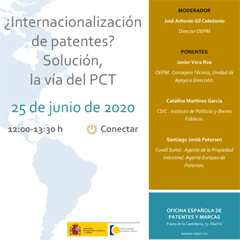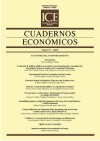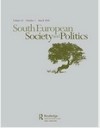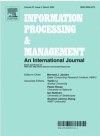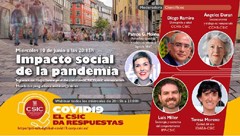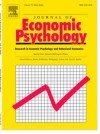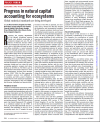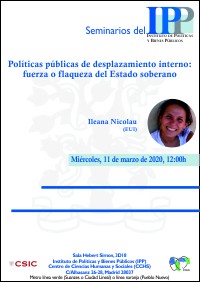Grácio, M.C.C., de Oliveira, E.F.T., Chinchilla-Rodríguez, Z., and Moed, H.F. (2020). Does corresponding authorship influence scientific impact in collaboration: Brazilian institutions as a case of study. Scientometrics (2020).
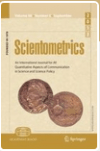
Abstract. This paper analyses the influence of a Brazilian institution delivering the corresponding author on its scientific citation impact, distinguishing between its collaborative papers with foreign institutions and those resulting from national collaboration. We retrieved from Scopus database a total of 607,454 Brazilian documents for all 443 Brazilian institutions with at least 100 documents published from 2003 to 2015.



